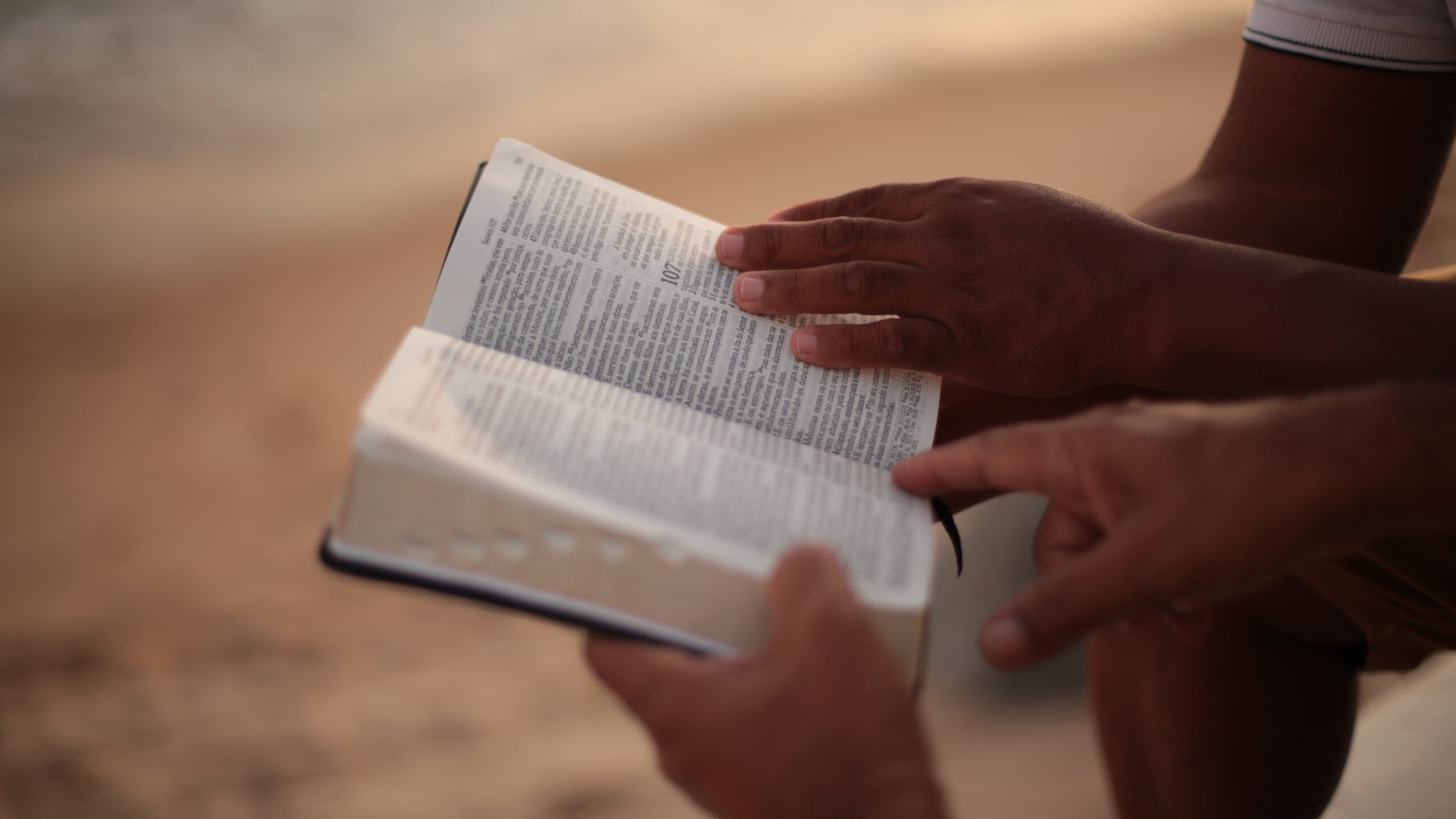Hebrews 4:14-16
Therefore, since we have a great high priest who has gone through the heavens, Jesus the Son of God, let us hold firmly to the faith we profess. For we do not have a high priest who is unable to sympathize with our weaknesses, but we have one who has been tempted in every way, just as we are—yet was without sin. Let us then approach the throne of grace with confidence, so that we may receive mercy and find grace to help us in our time of need.
Commentary:
Have you ever failed God? Perhaps you are a believer who committed an egregious sin and feel overwhelmed with guilt. Now you feel disqualified to be used by God. Maybe you feel like the tax collector in Luke 18. He stood far off by himself and would not even look up because he didn’t feel worthy to approach God. He would not even look up to heaven, but instead, beat his chest and said, “God have mercy on me, a sinner.” If you are reading this and feel like that man, God has placed this message on my heart especially for you.
K.P. Yohannan is the president of Gospel For Asia, a ministry that supports thousands of national missionaries and congregations all throughout South Asia. He wrote a book entitled, When We Have Failed—What Next? In this book, he tells the story of Robert Robinson, the 18th-century Methodist preacher who penned the words of the famous hymn “Come Thou Fount of Every Blessing.” You probably know the words:
Come Thou Fount of every blessing,
Tune my heart to sing Thy grace;
Streams of mercy, never ceasing,
Call for songs of loudest praise.
Robertson became a believer at the age of 23 after hearing George Whitefield preach, and shortly thereafter, he wrote this hymn. Unfortunately, in his later years, Robinson wandered from the faith to pursue the pleasures of the world, and he began to live a very sinful life. One day during this time, he was riding in a stagecoach beside a woman who was deeply engrossed in a book. When she came across a lyric she found particularly beautiful, she turned to Robinson and said, “I am reading something wonderful. What do you think about it?” This is what she read to him:
Prone to wander, Lord I feel it,
Prone to leave the God I love.
She had no idea she was sitting right next to the very man who had penned those words years earlier.
The familiar words reminded Robinson of the man he once was, and he broke down. With tears in eyes he replied, “Madam, I am the poor, unhappy man who composed that hymn many years ago. I would give a thousand worlds, if I had them, to enjoy those feelings once again.”
As God so often does, He used this encounter to draw Robinson back into His presence so that he could experience God’s grace and mercy once again. And that is what I want you to experience if you are carrying a load of guilt.
Doesn’t it give you hope when you read through the Bible and realize that time and time again the spiritual giants through whom God worked were flawed men and women? Men like Moses, David, and Jacob, to name a few.
Remember, Moses committed murder. Remember, David, the man after God’s own heart, fell into adultery and then murdered the woman’s husband to cover it up. And Jacob…his very name means deceiver, and deceiving he did! He was a crook who lied to his own father, stole the blessing that was meant for his brother, and then lived a life of deceit.
In spite of the failings of these men, God referred to Himself as “the God of Abraham, the God of Isaac and the God of Jacob.” Ever wondered why God didn’t refer to Himself as “the God of Abraham, Isaac and Israel?” After all, He changed Jacob’s name to Israel, which means, “Prince of God.” Why does God associate His name with a cheat who wasted two decades of his life trying to do things his own way?
Back to K.P. Yohannan. He writes, “Through His name, His very identity, God wants to say to you and me, ‘I am still the God who makes failures into princes of God. I remain the God who takes broken lives—people with multiple divorces, sick in body because of sin, in prison for decades, labeled as losers, crazy folk nobody wants, outcasts without hope—and turns them into something beautiful.’” Yohannan writes:
There is no sin too great,
God cannot forgive it.
There is no loss,
He cannot restore.
There is no scar,
He cannot heal.
There is no distance you can go,
His grace cannot reach.
There is nothing—absolutely nothing–
to stop His love and mercy for you.
If there is breath in your being,
there is hope.
There is hope.
When you examine the lineage of Christ, you will discover a host of sinners. Why? Because God is a God of grace and mercy.
Do you know why Jesus came to earth in the first place? John 3:17 states, “For God did not send his Son into the world to condemn the world, but to save the world through him.” Jesus came to save sinners. That is where our joy comes from this Christmas season that replaces the despair of guilt. Jesus came to save sinners.
Isaiah 61:1-3 informs us that He [Jesus] was sent to bind up the brokenhearted, to proclaim freedom for the captives and release from darkness for the prisoners… to bestow on them a crown of beauty instead of ashes, the oil of gladness instead of mourning, and a garment of praise instead of a spirit of despair. They will be called oaks of righteousness, a planting of the Lord for the display of his splendor.
Understand this truth: God loves us and wants to put us on display. Whatever moral failure you are dealing with, my hope and prayer is that you will experience God’s “streams of mercy, never ceasing.” The second stanza in Robinson’s hymn contains these words:
And I hope, by Thy good pleasure safely to arrive at home.
God promises that He will be faithful to complete the work He has begun in each of us, and we can look forward to the day when we, who are God’s chosen, arrive safely home, and rejoice in the reminder that God chose to dwell with us, even as we were sinners, this Christmas season.



